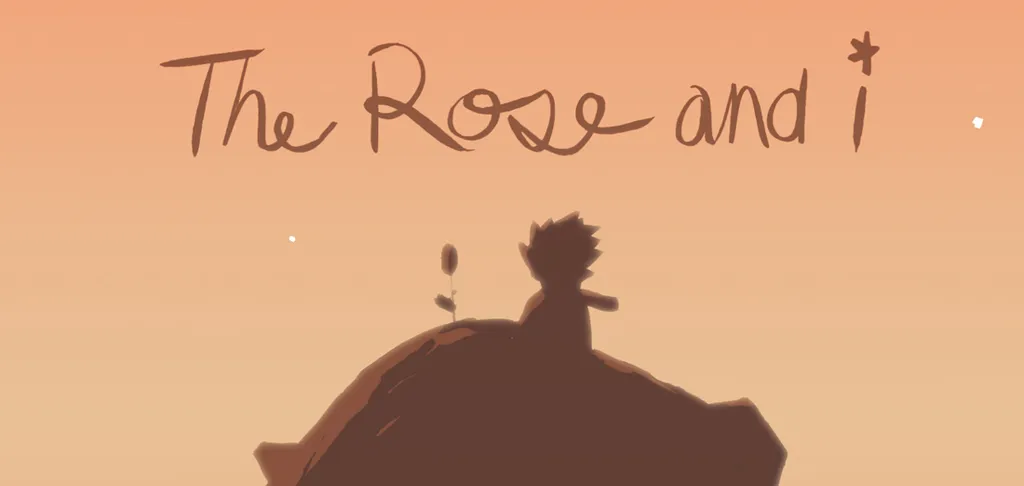The Rose And I from Penrose Studios is now free on Steam after buyers complained the short but charming made-for-VR animation was practically “a scam” at $5.
The incident highlights a pain point for the VR industry, revealing a gap between what the creator felt the narrative piece was worth and what a buyer expects to get for their money on Steam, where games are the most common product on sale and the amount of entertainment each provides is measured in hours, not minutes. The Rose And I is just a few minutes long and, while gorgeously animated, is a non-interactive story that uses VR to let people view it from any angle.
Spoiler alert, but here’s how one frustrated Redditor described the title:
I bought the Rose and I, and it left me speechless, but not in a good way. I know we are in early times of VR, so I’m appreciating practically every app’s try to break new ground, even if small in scope. This one, however, felt awfully close to a scam: it was literally just (spoiler?) a dude on a planet watering a flower… then the credits rolled! What?
Eugene Chung, formerly of Oculus, raised an enormous $8.5 milllion round earlier this month for his young company, so Penrose Studios doesn’t exactly need the cash right this second and a version of the story is being offered for free on the Oculus store. So The Rose And I for $5 on Steam might not seem worth the money when compared with a freebie on Oculus or all the games that provide hours of entertainment. As a result, Chung is offering an unconditional refund to buyers and wrote: “In setting a price for our content we were hoping to help accelerate VR overall–clearly we missed the mark on this one.”
The title will be free going forward. Here’s more of what Chung wrote:
Most early VR users are gamers (I’ve personally logged an embarrassing number of hours on AirMech). We think narrative experiences are also powerful, and could bridge the gap between gamers and nongamers. To ensure VR narratives have a bright future, we have an obligation to do our part to ensure that a market will exist for creatives to flourish. This will help grow VR overall.
Some creators who built free demos for developer headsets over the last couple years are in a tough situation because they are now faced with trying to turn that software into the start of a VR-focused development business. It’s no easy task finding the right price for buyers who are accustomed to paying nothing for an app on a phone or $60 for dozens of hours of entertainment from a game on Steam. It’s a problem we’ll be following closely going forward.






























